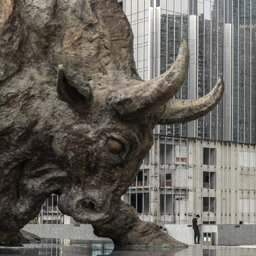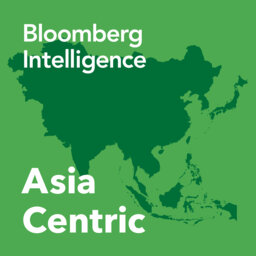India's Election Shock Leaves Investors Guessing
Indian Prime Minister Narendra Modi was forecast to win his country’s election by a landslide, but was instead forced to form a coalition government and share power with allies for the first time since coming to power in 2014.
So how will the shock election result affect India’s growth trajectory? And what does it mean for its red-hot equity markets? Abhishek Gupta, India Economist at Bloomberg Economics, and Nitin Chanduka, India Strategist at Bloomberg Intelligence, join John Lee and Ishika Mookerjee on the Asia Centric podcast.
In 1 playlist(s)
Asia Centric by Bloomberg Intelligence
Some of the world's largest and fastest-growing markets, economies and companies are in Asia. Every …Social links
Follow podcast
Recent clips

Gen Z, Women and Rural India Drive Trading Boom
20:06

Does the World Need Another Multi-Strategy Fund?
33:43

Goldman Tips Asia To Outpace The US Again In 2026
35:24
 Asia Centric by Bloomberg Intelligence
Asia Centric by Bloomberg Intelligence